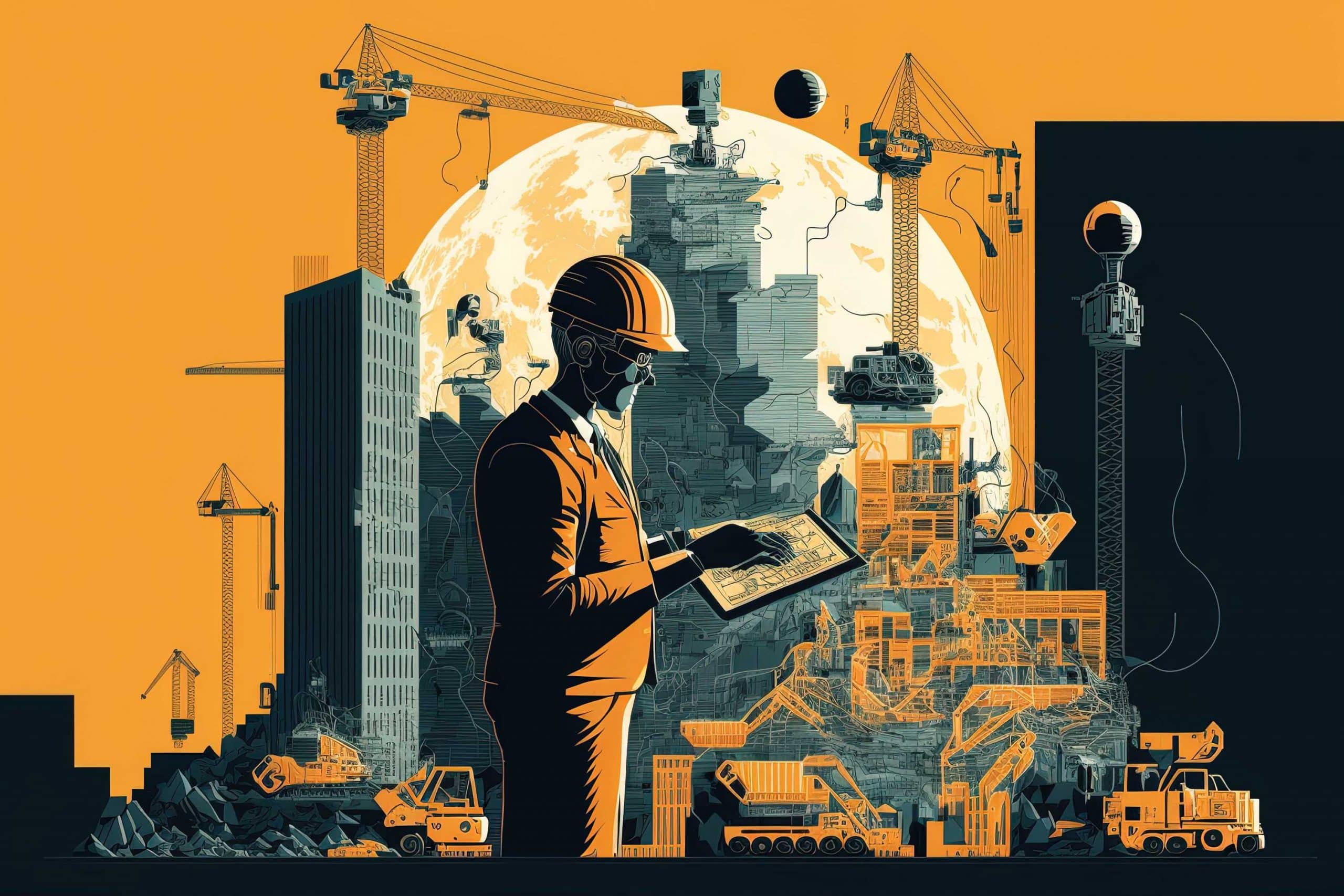The professional landscape is constantly evolving, shaped by technological advances that revolutionize our daily approaches. This profound transformation of productivity makes it imperative to explore the future of work fully to grasp these innovations.
Automation and artificial intelligence (AI) are emerging as major driving forces. They are metamorphosing the execution of repetitive tasks, thus freeing up precious resources for more complex activities, driving organizational efficiency. Remote work and virtual collaboration, catalyzed by the pandemic, accentuate the importance of tools facilitating communication and remote cooperation.
Simultaneously, the rapid evolution of skills required in today’s professional world highlights the need for a flexible approach to training and online learning. This approach promotes the adaptability of workers and stimulates a process of continuous development, crucial to staying relevant in an ever-changing environment.
The Internet of Things (IoT) and connectivity play a pivotal role in enabling intelligent resource management. They optimize operations by providing real-time monitoring, thus propelling productivity to new heights. However, these technological advances are not without challenges.
Job security emerges as a major concern, requiring a proactive and informed approach to anticipate and mitigate potential impacts. Navigating this ever-changing landscape demands a strategic vision to shape a future of work that is not only operationally effective but also fair and resilient on a human level.
In conclusion, the future of work is inexorably linked to technological progress that redefines the very nature of productivity. However, these changes bring about crucial challenges, especially in terms of job security. A thoughtful and proactive approach is essential to shape a future of work where efficiency, fairness, and resilience coexist harmoniously.
